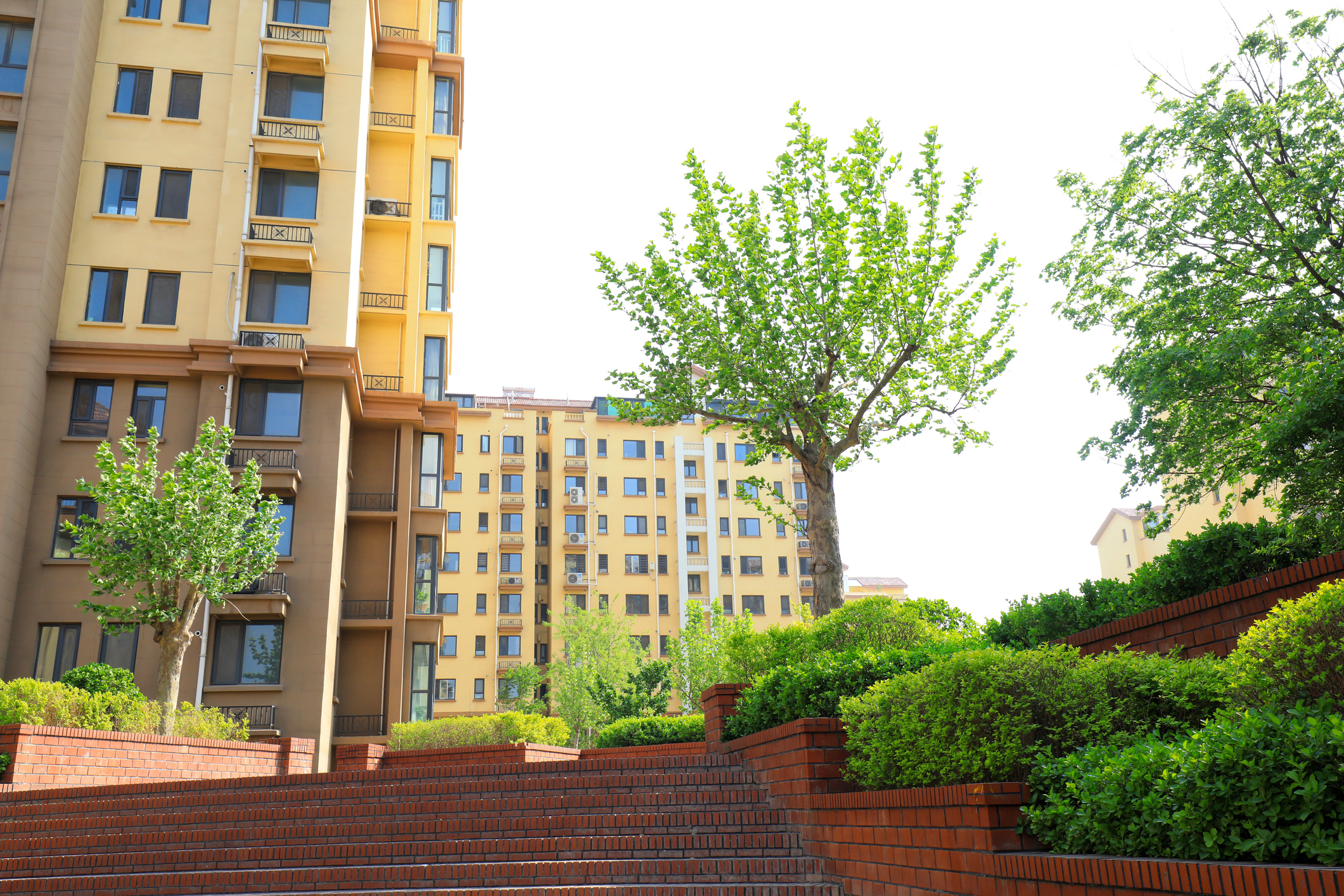CRE Solutions for a Greener Planet Build Momentum

From California wildfires to rising sea levels to Florida hurricanes, the direct and indirect risks of climate change have grown in recent years, making a more substantial impact on the multifamily sector. As the need for sustainability becomes increasingly apparent, lawmakers and lenders have advanced programs and policies that show “going green” is a win-win.
New SEC Rule on Climate-Related Disclosures
In March 2024, the U.S. Securities and Exchange Commission (SEC) adopted its highly anticipated new rules to enhance and standardize public companies’ climate-related disclosures. The SEC’s policy specifies how companies can provide investors with more consistent, comparable, and reliable information about the financial effects of climate change.
The policy change, which affects everything from operations to underwriting to acquisitions, has several key recommendations, including:
- Disclosure of potential or actual material, physical, and transition-related risks and their business impacts
- Efforts to mitigate or adapt to risks related to climate change
- The involvement of boards of directors and management in overseeing these risks
- Measurement of the impact of climate-related goals on company operations and financial status
The final rules also update disclosure recommendations for Scope 1 and Scope 2 greenhouse gas emissions by companies with publicly traded shares worth $75 million or more.
Issuers of asset-backed securities will be exempt, while publicly listed banks, REITs, and other companies will not. However, the SEC stayed implementation on April 6 while the courts reviewed the regulation.
New York City’s Local Law 97
New York City, home to over one million buildings, has become a leader in the green movement in the U.S. Its government officials have pledged to reduce greenhouse gas emissions citywide and become carbon neutral by 2050.
Local Law 97, enacted in 2019, is central to New York City’s progressive green agenda. Most buildings in the five boroughs over 25,000 square feet, including about 18,000 multifamily buildings, must comply with new energy efficiency and greenhouse gas emissions limits by 2025. The goal is a 40% reduction in emissions from the city’s largest buildings by 2030.
Building performance standards, like Local Law 97, have been adopted in four states and nine cities in the U.S. and are expected to become national policy one day.
CPACE Financing
CPACE, which stands for Commercial Property-Assessed Clean Energy, is a financing mechanism allowing multifamily building owners to borrow money for energy efficiency, renewable energy, or other projects through a voluntary assessment of a property tax bill.
Banks and private investors typically provide the capital for CPACE projects; however, CPACE is currently only administered in select state and local jurisdictions.
CPACE tends to be a good match for those who want long-term financing and are interested in investing in long-term building improvements that enhance resiliency and reliability. It can be used to cover 100% of the upfront cost of an energy or resiliency upgrade. CPACE financing can be repaid over the useful life of the installed equipment, giving borrowers more time to pay back money borrowed for upgrades. Once finalized, CPACE remains with the property after it is sold, incentivizing long-term investment in sustainability.
Green Financing Options
In recent years, green financing has gained more widespread acceptance as a viable borrowing option that makes practical business sense. When added to a loan, green financing provides tangible financial benefits above and beyond the satisfaction of enhancing environmental sustainability.
Arbor’s Green Financing solutions unlock preferred pricing and additional loan proceeds while providing the tools and capital necessary to reduce energy and water usage:
When coupled with Arbor’s existing suite of multifamily loan products, green loans can increase cash flows, support higher-quality housing, and reduce environmental impact.
Connect with one of our loan originators to learn more about green lending.
Interested in the multifamily real estate investment market? Contact Arbor today to learn about our array of multifamily, single-family rental, and affordable housing financing options or view our multifamily articles and research reports.

